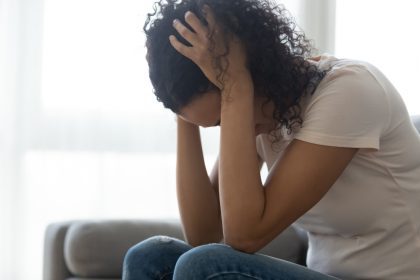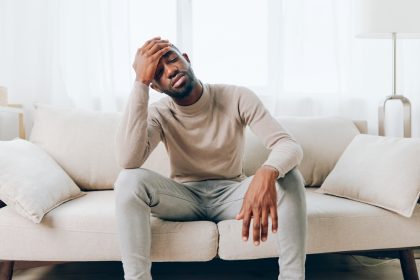
Depression that occurs during the fall and winter holidays may signify seasonal affective disorder. Classic symptoms of seasonal depression start when the days get less sunny and the weather is less accommodating for outdoor excursions. According to Everyday Health, experts explain that the body’s seasonal clock is used to sleep and wake up during certain hours and when seasons change, so does our energy and ability to stay alert.
There are other symptoms of seasonal depression that surround family trauma and past experiences. Whether something happened during the holidays that caused you to dread celebrating with family or simply a family mental health disorder that has been passed down, many people are expected to experience this depression.
Mental health professional and psychotherapist Letitia Huger-Hill shares insight on the importance of treating your depression and having the ability to live your life to the fullest.
















